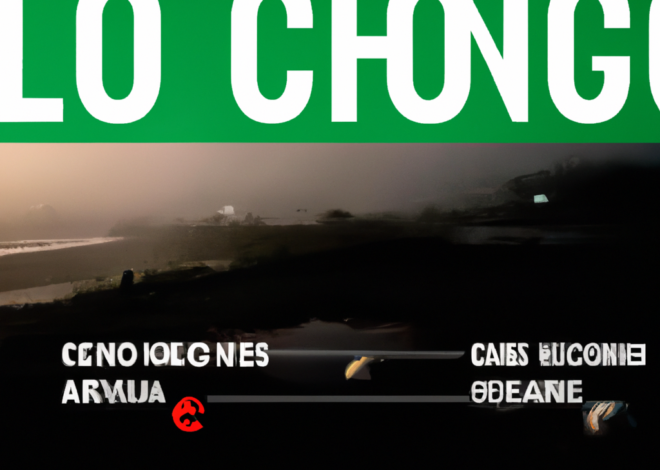
2. wasserversorgungssicherheit
**Article Title: Ensuring Water Supply Security: Challenges and Strategies**
**Summary:** The security of water supply, or Wasserversorgungssicherheit, is crucial for public health and economic stability. This article explores current challenges and strategies for maintaining reliable water resources.
**Excerpt:** Understanding Wasserversorgungssicherheit is vital for ensuring reliable water supply amidst growing challenges and environmental changes.
—
Water is an essential resource for life, and its secure supply—referred to as Wasserversorgungssicherheit—is a critical concern for governments, communities, and environmental organizations worldwide. The concept encompasses the availability, accessibility, and reliability of water sources for domestic, agricultural, and industrial use. As climate change, population growth, and urbanization place increasing pressure on water resources, ensuring Wasserversorgungssicherheit has never been more urgent.
In many regions, water supply systems are already facing significant challenges. For instance, droughts and erratic weather patterns have become more frequent, leading to reduced surface water levels and impacting groundwater recharge. According to the United Nations, nearly two billion people live in countries experiencing high water stress, and this number is expected to rise. Inadequate infrastructure, pollution, and competing demands for water further complicate the landscape.
Governments and organizations are implementing various strategies to enhance water supply security. One promising approach is the development of integrated water resource management (IWRM) frameworks. IWRM emphasizes the coordinated management of water, land, and related resources to maximize economic and social welfare without compromising the sustainability of ecosystems. This approach promotes collaboration among various stakeholders, including government agencies, local communities, and private entities, to develop sustainable solutions tailored to specific regions.
Another key strategy is investing in water infrastructure. In many parts of the world, aging pipes and treatment facilities lead to significant water loss through leaks and inefficiencies. Modernizing infrastructure can drastically improve water supply reliability. For example, countries like Germany and the Netherlands have implemented advanced monitoring systems to detect leaks quickly and efficiently. Additionally, the use of smart technologies, such as sensors and data analytics, can optimize water distribution and reduce waste.
Furthermore, promoting water conservation practices is essential in enhancing Wasserversorgungssicherheit. Public awareness campaigns can educate communities about the importance of water conservation and encourage responsible water use. Simple measures, such as fixing leaks, using water-efficient appliances, and implementing rainwater harvesting systems, can significantly reduce water consumption.
Climate resilience is another critical aspect of ensuring water supply security. As climate change continues to alter precipitation patterns and increase the frequency of extreme weather events, adaptive strategies are necessary. This may include the restoration of wetlands to improve natural water storage, implementing sustainable agricultural practices that enhance soil moisture retention, and developing drought-resistant crops.
International cooperation also plays a vital role in addressing water security challenges. Many water sources cross national borders, making collaborative management essential. Treaties and agreements between countries can facilitate the sharing of resources, technology, and best practices. For instance, the Nile Basin Initiative is a collaborative effort among African countries that aims to promote sustainable management of the Nile River and its resources.
Despite these efforts, achieving Wasserversorgungssicherheit remains a complex challenge. The interplay of social, economic, and environmental factors requires a multifaceted approach. Policymakers must consider the implications of their decisions on various sectors, including agriculture, industry, and public health, while also addressing the needs of diverse communities.
In conclusion, the security of water supply is a pressing issue that demands immediate attention and action. By implementing integrated water resource management, investing in infrastructure, promoting conservation, enhancing climate resilience, and fostering international collaboration, societies can work towards ensuring a reliable and sustainable water supply for future generations. As the global population continues to grow and environmental challenges intensify, the importance of Wasserversorgungssicherheit will only increase, making proactive measures essential for safeguarding this vital resource.


